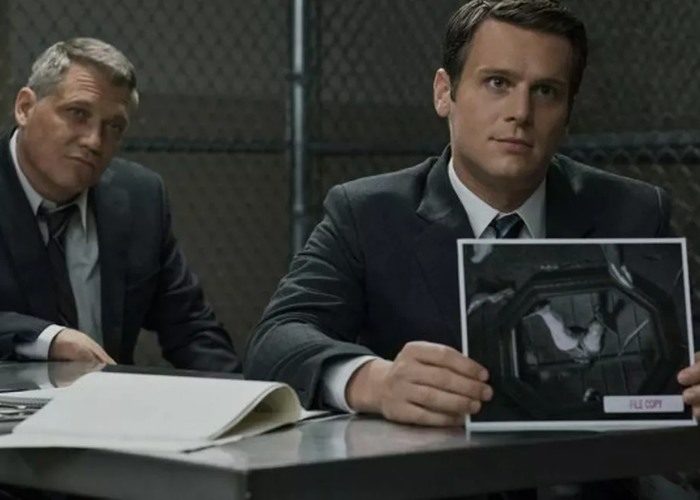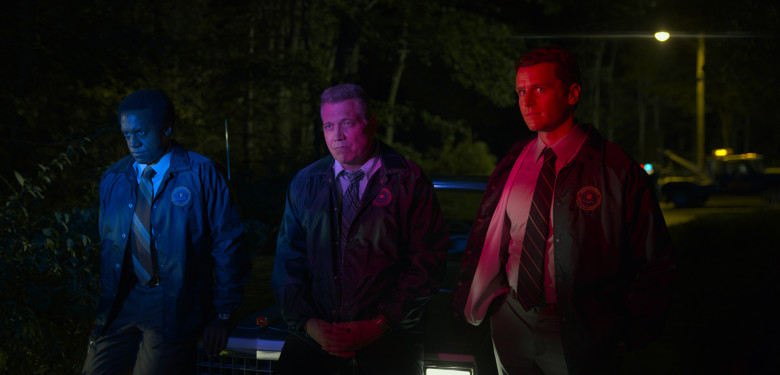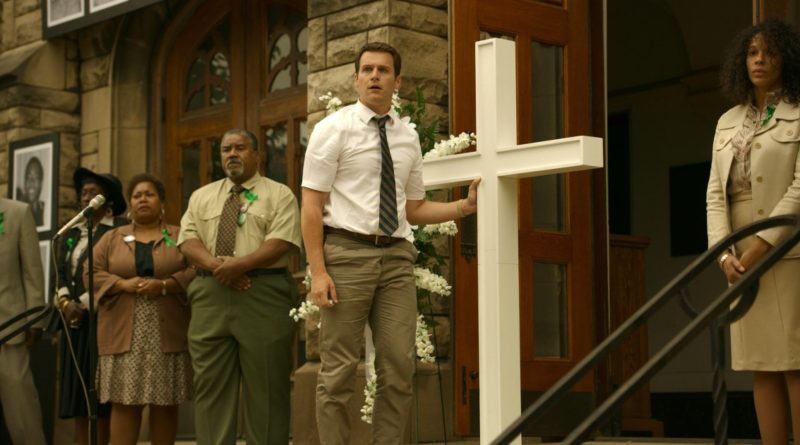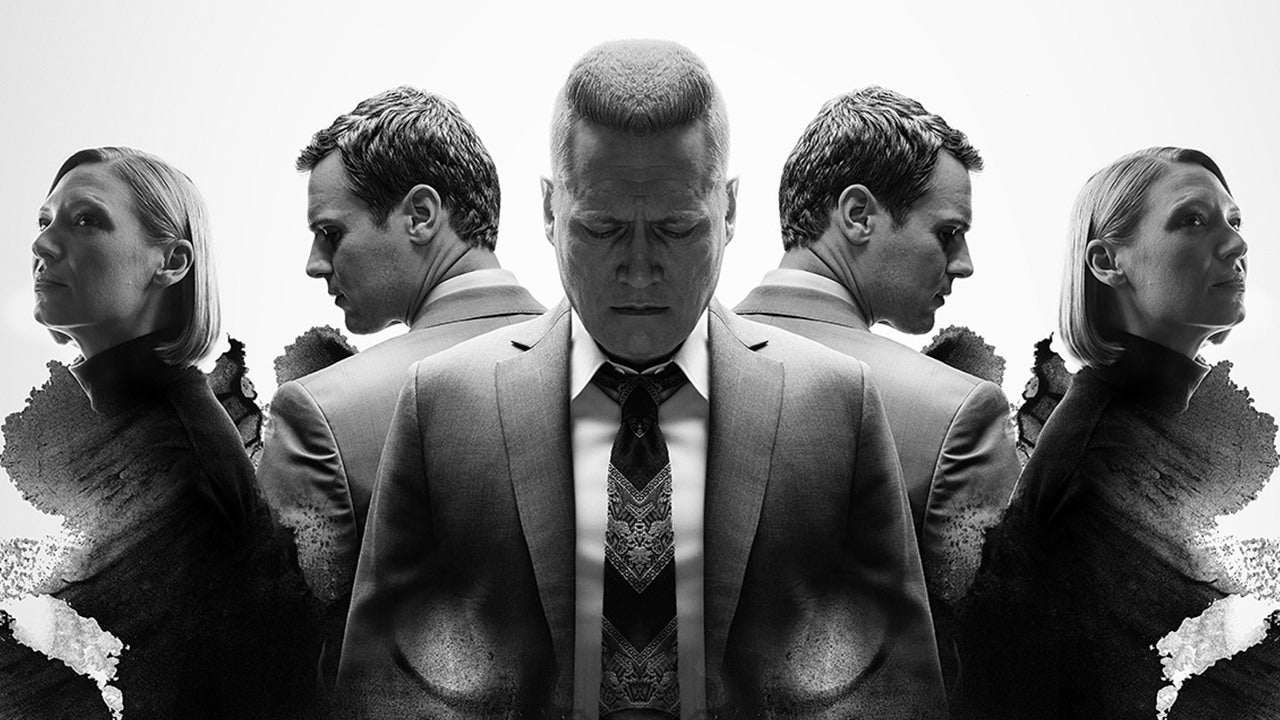
@itspsonow
The first season of Mindhunter was a refreshing surprise. A dark, suspenseful deconstruction of the tired “homicide detective” trope that proved to be sophisticated enough to justify its existence. A large reason for this is director Dave Fincher’s contributions to the show’s tone. Fincher is known for perusing through the grotesque and obscure…
Mindhunter is the perfect table setting for his brand of psychological thriller. The other aspect of Mindhunter that makes it very interesting is the overall concept. The story follows three FBI agents in the 1970’s who are tasked with interviewing and profiling serial killers. The catch is, this is the first time that this type of behavioral examination has ever been conducted.
In the world of Mindhunter, the modern method we often see in fiction that is used to profile and catch serial killers does not exist. In this show, we meet the team that wrote the book on serial killers, they literally invented the term. Part of the difficulty the FBI team has is convincing the world that serial killers are worth studying, that their methods and psychology is valuable enough to warrant careful investigation and analysis.

Season 1 was a slow, ominous journey through the thought process of the modern serial killer. Agents Ford, Tench and Carr do their best at cracking the dark and sophisticated minds of the killers they are tasked to investigate. It’s almost as if these killer’s minds are grotesque, horrible neighborhoods and the Mindhunter team has the mission of driving through these neighborhoods in armored vehicles. They’re protected from the actions of these sociopaths, but they have to witness them firsthand through their sadistic accounts. It’s a wonderful concept, and beautifully executed by Fincher and the team at Netflix.
The characters of Dr. Wendy Carr (Anna Torv), Holden Ford (Jonathan Groff) and Tench (Holt McCallaney) are very interesting as well. They all have varying personalities and deal with the incredibly difficult and stressful job they have in different ways.

They also have their own problems outside of work. Ford is a regressive criminology nerd who has difficulty relating to people and things outside of work (much like True Detective’s brooding Rusty Cohle). Agent Tench is a workaholic, and is so busy with the task force that he neglects his troubled son and anxious wife, a path that eventually catches up to him.
Agent Carr is a lesbian who’s sexuality is buried deep in the closet away from the gaze of her co-workers. She struggles with romance and her obsessive nature throughout the season. These conflicts in addition to the analysis of the serial killers is what makes this show great. The overall plot of Season 2 is where the show falls short.

The main storyline of Season 2 follows the hunt and apprehension of historical serial killer Wayne Williams (Christopher Livingston). Williams was accused of a string of grisly child murders in the Atlanta area. Ultimately, Williams was apprehended but to this day some authorities are unconvinced that he committed all of the child murders. The entire season follows this grueling investigation and the effect on Atlanta’s black community. In the end, Ford is not certain Williams is the right suspect. This fact, while historically accurate, leaves the viewer with a unsatisfied feeling that the true criminal is still out there.
Mindhunter is an excellent deconstruction of the criminal mind. With great performances, score and excellent direction, it truly pulls you into the world of serial murder investigation. Hopefully next season will have a more satisfying plot to balance out the excellent atmosphere and character work. 3/5 Bibles.
-Alex Ampadu

